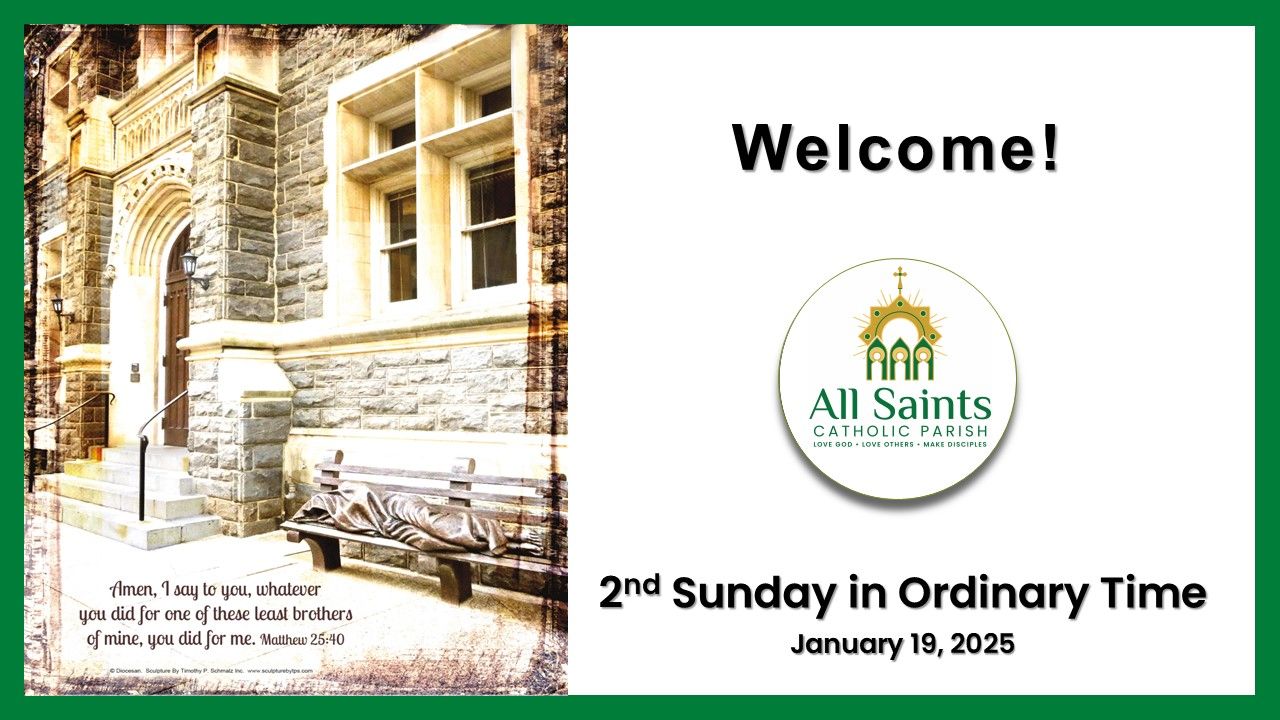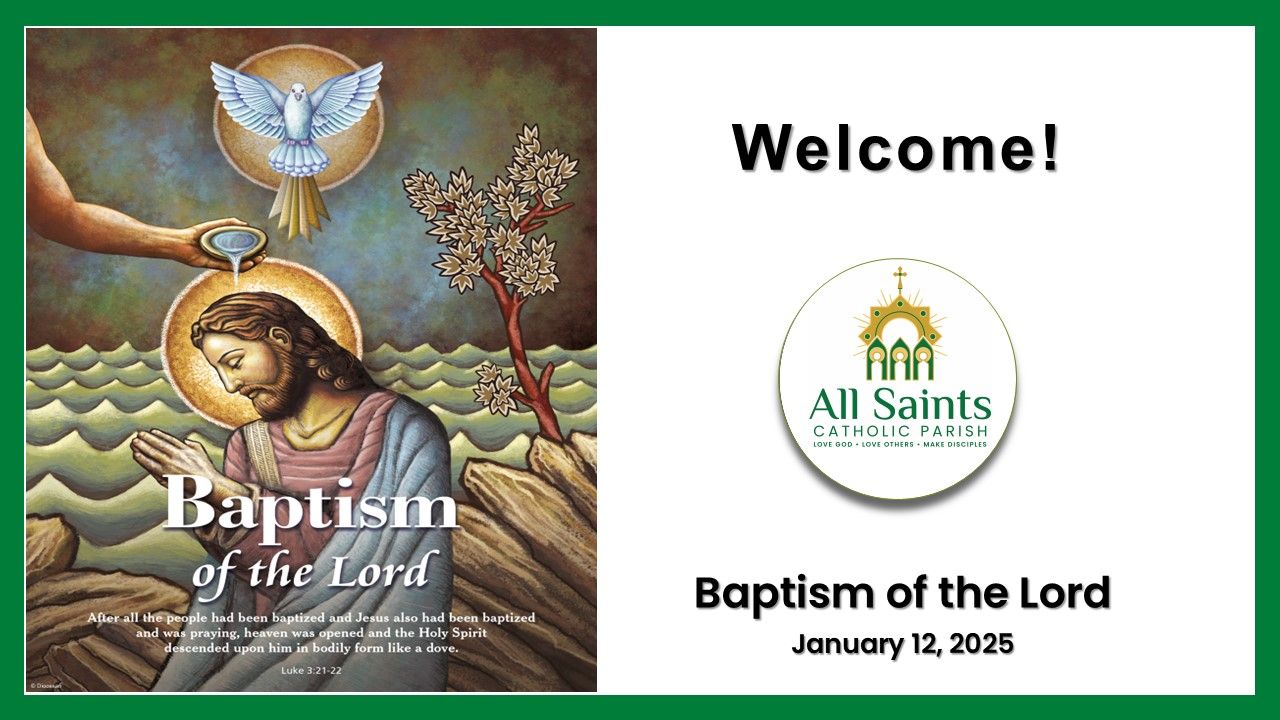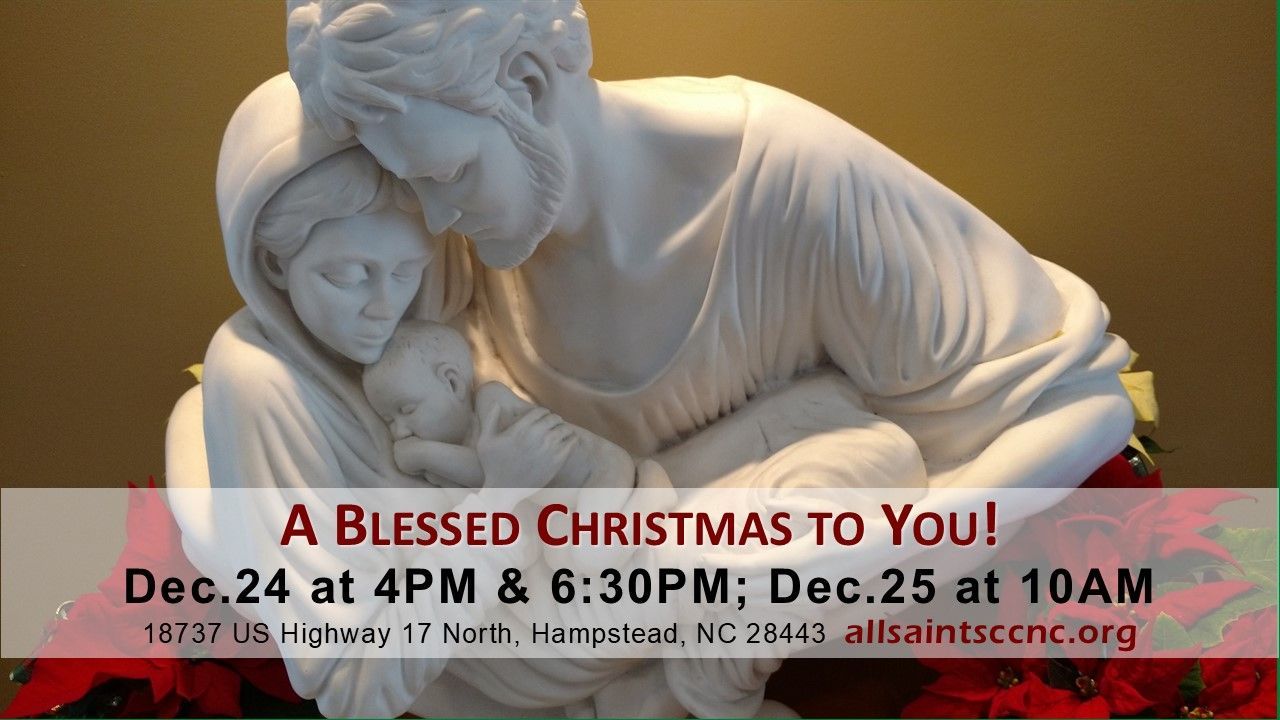Homily, 4th Sunday of Easter
Homily, 4th Sunday in Easter, April 30, 2023 by Msgr. Joseph K. Ntuwa

Readings: Acts 2:14, 36-41; Ps 23; 1 Pet 2:20-25; Jn 10:1-10
One of the central beliefs of our faith is that Jesus was no stranger to our humanity. He was fully human. We believe that he was not an alien from outer space who arrived in our midst as a totally formed package of difference. As John announces in the prologue of his Gospel; “He came to his own home and his own people did not accept him (1:11)
Born and brought up as a member of the chosen people, Jesus was to become the stranger because of the way he was alienated by his own people. Others, however, did accept him because for them he spoke with the voice of authenticity. They could see how he always paid attention to the real condition of the people he encountered. There are some voices we recognize as real because we believe that the speaker is trying to face the complexity of life with honesty and courage. On the other hand, there are other speakers we suspect are just prattling on, tuned to making the right noises in an effort to become the official voice. In the end they just fleece people; they steal their hope to secure their own power.
Today’s gospel gives us an image of Jesus as someone who hopes that people will come to recognize his voice as the one that does address who they are and where they are, one that leads them without disguise and without pretense. And he first letter of Peter (second reading) makes the same point when it speaks of Jesus; “He committed no sin, and no deceit was found in his mouth.”
Clearly, many people do not want to hear the truth from Jesus; and if a price is demanded for ignoring his truth, Jesus does not exact it. “He was insulted and did not retaliate with insults; when he was tortured, he made no made no threats, but he put his trust in the righteous judge. Jesus places everything in the hands of his Father. In spite of the treatment he receives, he always refuses to give back as he has received. But that does not make him into superman; it speaks to us of his way of being human. To be a human being does not mean the same as being human. In virtue of our birth, we are all human beings; but we have to learn what it means to be truly human in our world. And Jesus teaches us that. His way of the cross is his most authentic voice; it speaks of the shepherd willing to die for his sheep. He dies for what he believes in.
As Christians, we are all called to be fully human like Jesus. That is our vocation. We believe in the words of the Gospel that Jesus came so that we could “have life and have it to the full’. To share in his way of being human; to speak our truth quietly and insistently even when the opposition is ranged against us; to have a way that meets people’s meanness with the generosity of life; to have a heart that is capable of imaginative sympathy- of seeing the real muddle and conflict in people’s lives; to have a mind that is not a computer record of past hurts but that is freed for other projects because it makes judgment the Father’s business.
Jesus’ way of being human certainly keeps us all on our toes. Sometimes we do appreciate that his way is the human condition at its finest. Other times, we feel helpless to move with that generosity of spirit. But the voice of Jesus forever calls us. Do we recognize the voice of our shepherd amidst other voices calling for our attention?
On the whole no one likes being described “sheep-like”. It conveys not only intellectual dullness but also a tendency to follow the herd, and an inability to think or care for oneself. When we are called on look to Jesus as our shepherd, we are not being asked to succumb to an unthinkable herd mentality but to listen discerningly to the call of Christ. God wants us to come to know the voice of Jesus so that we will not mistake it for other voices. May he give us a sense of his comforting presence even when we walk through the valley of darkness.
Every year, the Day of Prayer for Vocations falls on this Fourth Sunday of Easter. In his message this year, Pope Francis reflects on the theme “Vocation: Grace and Mission”. The Holy Father emphasizes that each human person is chosen by God, “created by love, for love, with love, and made for love. He explains that “Vocation is ‘the interplay between divine choice and human freedom’ … God calls us in love and we, in turn, respond to Him in love.” And the Holy Father reminds us that our vocation is not a result of our own “abilities, plans, or projects,” but stems from “a profound experience of Jesus.” On this Good Shepherd Sunday, we ask God to bless the Church with an increase of men and women willing to serve the Kingdom as priests, deacons, and religious brothers and sisters. And may all who have dedicated their lives to God through various vocations remain faithful to their commitments.
I want to share with you some good news!
We have all along been giving you information about our Expansion plans. This has been a productive week of meetings with NC Department of Transportation, Pender County, our architect, and our contractors. I am very happy to inform you that we are now ready to begin site preparation the week of May 15, and we will have the official
Groundbreaking ceremony on June 30! Thank you for your amazing commitment to this noble cause.
This is our time!













